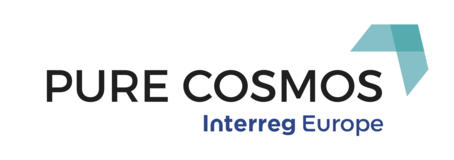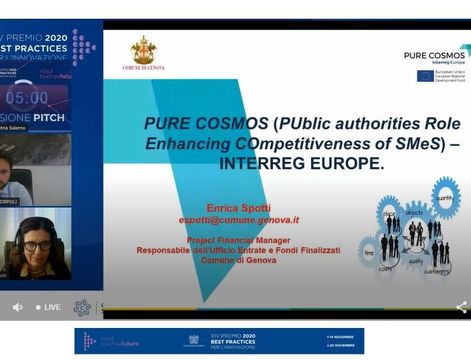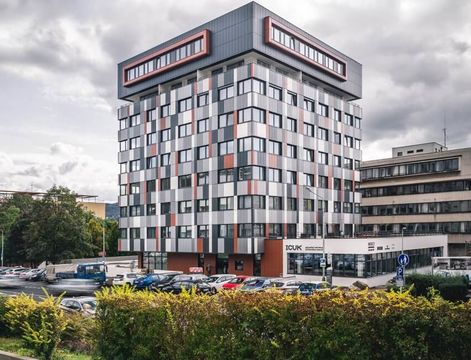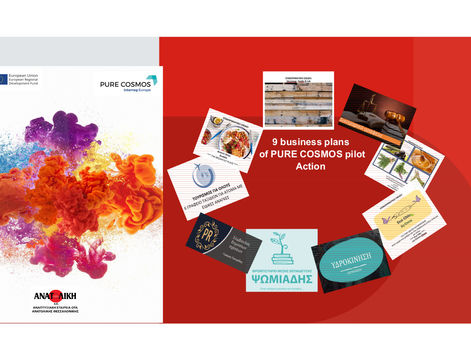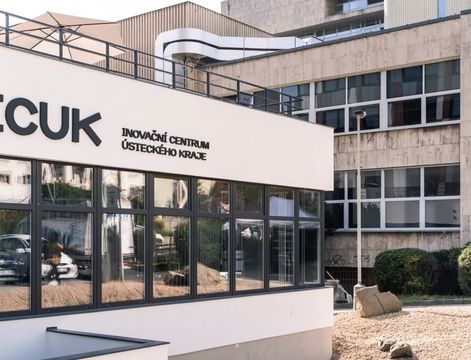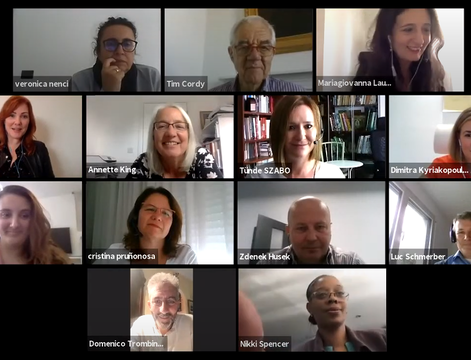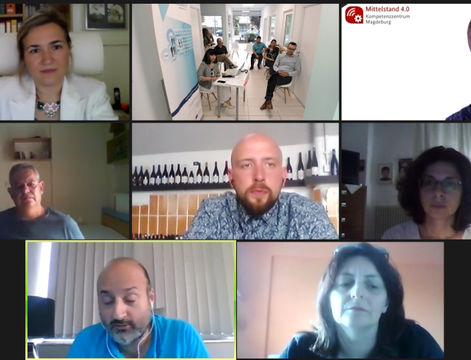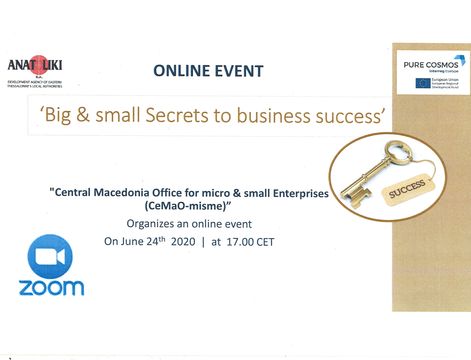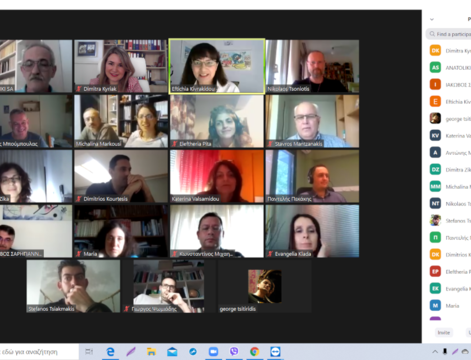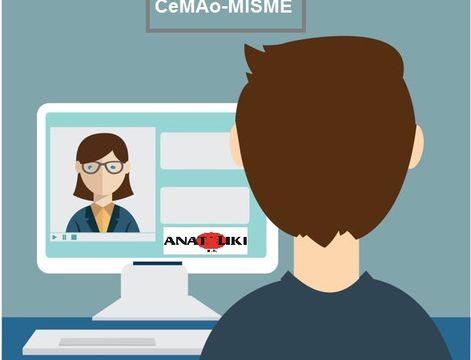 PURE COSMOS was invited to be part of The Policy Learning Platform workshop on SME competitiveness to exchange on effective approaches, practices and policy measures on internationalisation, with a strong focus on SMEs.
PURE COSMOS was invited to be part of The Policy Learning Platform workshop on SME competitiveness to exchange on effective approaches, practices and policy measures on internationalisation, with a strong focus on SMEs.
At the workshop were present 14 of the 33 Interreg Europe projects from the policy area SME competitiveness plus representatives of the European Commission’s Directorate General for Internal Market, Industry, Entrepreneurship and SMEs (DG GROW), as well as Interreg Europe’s Joint Secretariat and experts from the PLP on SME competitiveness also took part in the workshop.
The workshop looked initially at the barriers and challenges for the internationalisation of SMEs and the implementation of relevant and efficient support mechanisms on regional and transregional level such as the INNOSUP programme dealing with cross-border value chains. Then, the participants further explored two key aspects of policy approaches related to SME internationalisation:
- How to improve the governance of the multiple stakeholders usually dealing with SME internationalisation on regional level with respect to the delivery of support to SMEs and capacity building within the relevant support organisations;
- Which instruments can contribute to a significant improvement of the internationalisation of regional SMEs?
The workshop helped to identify a series of topics that were considered to be most relevant to the Interreg Europe projects represented for future exploration:
- The importance of developing mechanisms to identify relevant target groups for SME internationalisation, in order to assess in a reliable manner the internationalisation readiness of regional SMEs and to identify their real needs. This might lead to a differentiated approach to the delivery of support to SME internationalisation, somewhat closing the gap between generic support mechanisms and the need for customised services for each single SME;
- The necessity to develop the capacity of the support organisations to deliver adequate support to the internationalisation of SMEs;
- The necessity to overcome cultural issues and skills limitation in many SMEs with respect to internationalisation;
- The necessary coordination with innovation policies, taking into account that innovative SMEs are most likely to be ready to enter international markets.
This presented an opportunity to share the work of PURE COSMOS and some of its good practices in place to support SME competiveness that our partners are currently exploring through the Study Visits that include one stop shop models for SME growth; new financing and investment programmes and innovation hubs. It highlighted the synergies across the different projects and stakeholders, and supported further learning and information exchange that will be important in addressing policy and regional governance and our role as part of PURE COSMOS to influence specific support instruments to address inefficiencies in public sector growth and the need to stimulate SME growth.
